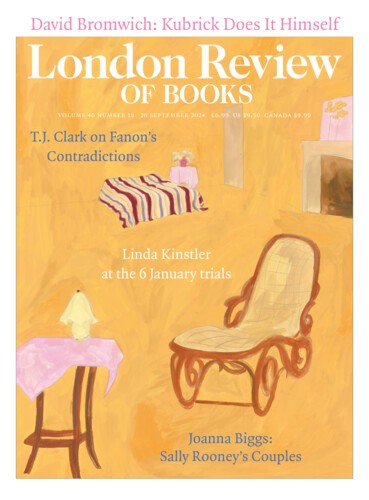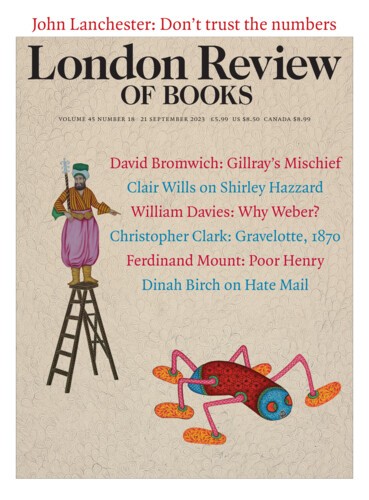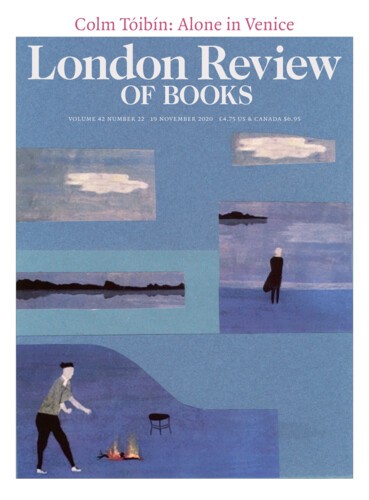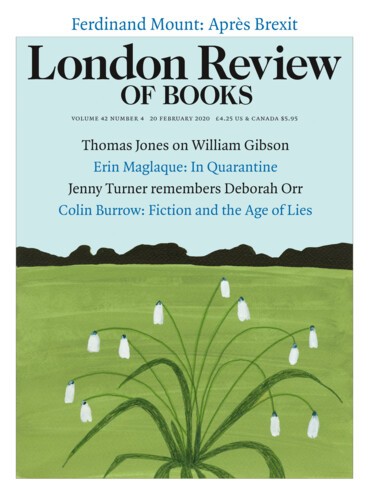Spaces between the Stars: Kubrick Does It Himself
David Bromwich, 26 September 2024
The great American film directors have suffered from a common predicament. Democratic fealty and, more important, financial constraint meant they were bound to respect popular taste. That requirement need not have been oppressive – silent movies, after all, were descendants of the popular fiction of Balzac and Dickens. What dampened the spirits of all but the most cunning veterans was...





